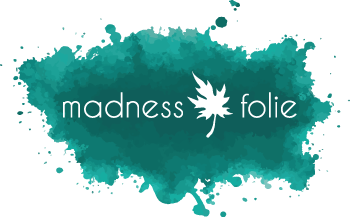 Component Evaluation: Deconstructing Madness
Component Evaluation: Deconstructing Madness
Timing: 40 – 50 minutes
Mode: In-class; Online
Although it is extremely important to challenge depictions and false representations found within film and other media, we should not discount the benefits of fiction and non-fiction narratives to participate in practices of bearing witness and truth-telling needed to combat stigma and produce social change.
Use the Components in Context section as the basis for a 5-minute mini-lecture on oppressive psychiatric practices and minority groups. Divide students into 5 groups (one for each segment) or have students pick one segment and write an essay or create a verbal or pictorial presentation on how the segment participates in practices of truth telling.
Students should include the following within their essay/presentation:
- Are the films used within this segment fiction or non-fiction? Does this impact the power of the story contained in the segment?
- How does the segment connect to institutionalization and the experiences of psychiatrized people, now or throughout history?
Students may want to consider or further research the movies used (see list here – Appendix C), the history of madness, the lived experiences of psychiatrized people, and/or the relationship between marginalized groups and Psychiatry. Students may also want to revisit the audio provided by Annalissa in Components: Self-guided Learning as an additional resource


 Français
Français